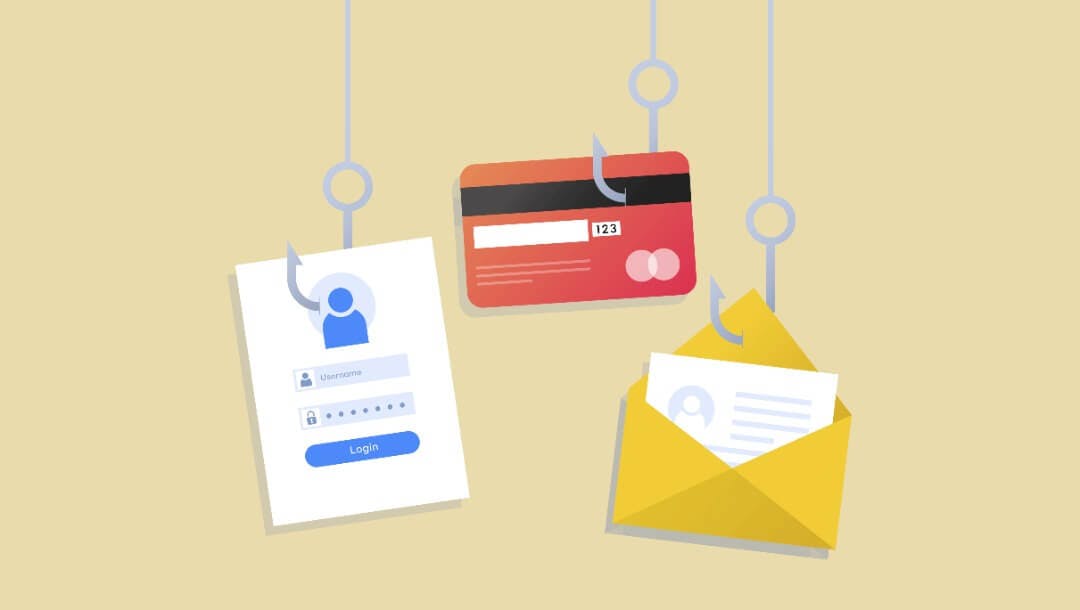What is Phishing?
If you hear someone talking about “phishing,” they aren’t talking about catching something out of a lake. Phishing attacks are a sinister type of scam that is used to gain access to your accounts, learn your private information, and even steal your money.
Generally speaking, a phishing attack is when someone is lured or tricked into giving up access or control to their accounts through deception or mistake. It’s not hard to fall victim to a phishing attack; some of the people you admire most may have accidentally become victims of phishing attacks, and many people don’t always know it.
Common examples of phishing attacks include:
Email Phishing
This is a type of phishing attack where an individual receives an email that often contains a malicious link or dangerous attachment. Victims fall for these types of phishing attacks where they download an attachment that contains malware or a virus, or when they click on a link that harvests their personal information. Additionally, some bad actors will use email phishing to trick you into thinking they are someone you actually trust, resulting in you giving them private information.
HTTPS Phishing
This category of phishing attack involves tricking you into clicking on a dangerous link. Generally speaking, website addresses that begin in “https” used to be considered “safer” than http links, though scammers are finding ways to use https links against you as well. HTTPS attacks require you to click on a bad link; this link will oftentimes be shortened, or contained in a hyperlink. For this reason, you should always type out a link by hand when visiting a website; never trust a random link that you see in an email or on social media.
Spear Phishing
This type of phishing attack often takes place in your email inbox or social media direct messages. For a spear phishing attack, the attacker will usually learn some information about you (who your friends and family are, who you trust, etc.), then use that information to trick you into trusting them. They might create a fake profile that looks like your mother or a close friend and ask you to send them money to help them out. This type of attack can be very dangerous; for this reason, you should always call your loved ones on the phone and verify it’s really them messaging you before sending any funds.
Safety Tips to Avoid Phishing Attacks
There are many other phishing attacks that we didn’t mention, including whaling, smishing, cloning, and more. With most phishing attacks, there are a few general principles and guidelines you can follow to keep yourself safe:
- Never send money to someone that requests it online; always physically speak with someone to verify their identity first.
- Do not click a link you receive in your inbox unless from a trusted source; type it by hand to be safe.
- Never, ever give someone the private keys to your cryptocurrency wallet - even if they claim to be from a company you trust.
- Avoid making yourself an easy target by keeping your social media profiles as private as possible.
In conclusion...
Being on the Internet in the 2020s requires you to learn about information security and how to stay safe. While it may be intimidating, you’ll slowly learn how to spot scams from a mile away. After that, staying safe and alerting others to a scam can become a fun hobby of yours.
Disclaimer: This article is meant to provide general guidance and understanding of cryptocurrency and the Blockchain network. It’s not an exhaustive list and should not be taken as financial advice. Yellow Card Academy is not responsible for your investment decisions.


Crypto scoop
Sign up for our weekly newsletter
Stay informed with the latest updates to buy, sell, and store your crypto on the go.

Download the Yellow Card app
Start trading crypto with ease
Get the Yellow Card app to buy, sell, and store your crypto on the go.


